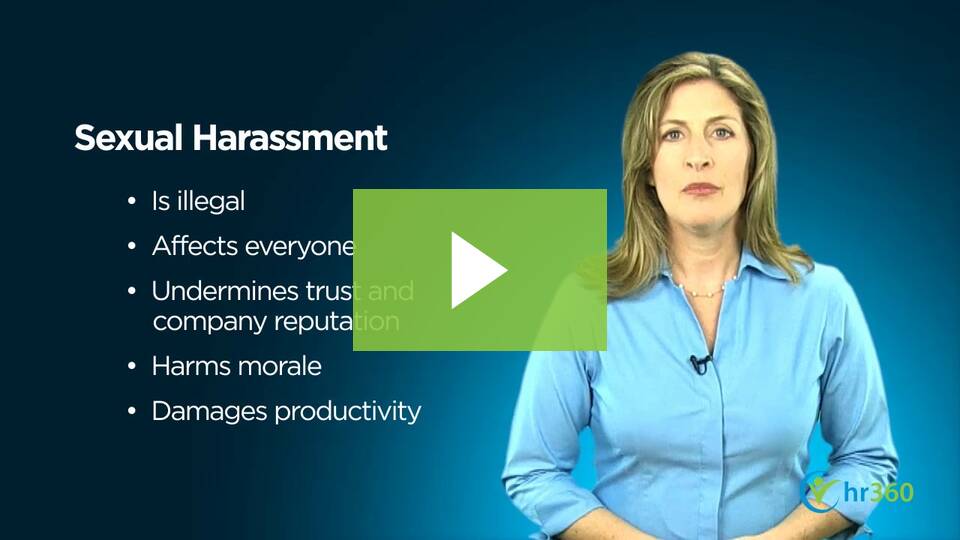What the Biden Vaccine Mandate Means for Employers
|
|

Recently, the White House directed the Occupational Safety and Health Administration (OSHA) to draft an emergency temporary standard (ETS) for private employers. Soon, employers with 100 or more employees (likely measured companywide, not by location) will need to adapt their vaccine policies and enforce one of the following:
- Require employees to get vaccinated against COVID-19
- Require unvaccinated employees to produce evidence of a negative COVID-19 test each week
The rule will also reportedly require large employers to provide their workers with paid time off to get vaccinated and recover from any vaccination-related side effects (e.g., chills).
All aspects of this upcoming rule are subject to modification until OSHA publishes the rule. The ETS is expected to come in the weeks ahead; however, an actual release date is uncertain. Once an ETS is issued, it can only remain in effect for six months before a permanent standard must replace it.
What Employers Can Do Now
Here are some actions employers can consider to prepare for the mandate:
- Determine whether weekly negative testing will be allowed as an alternative to COVID-19 vaccination.
- Consider how to handle accommodation requests for those seeking vaccination exemptions.
- Plan out systems to adequately and confidentially track employee vaccination statuses.
- Plan for potential staffing shortages or scheduling changes to afford employees time to get vaccinated.
This list is nonexhaustive, as certain considerations will be unique to individual employers. Employers should stay tuned for specific details to be announced by OSHA shortly.
|
|
Impact of the HIPAA Privacy Rule on COVID-19 Vaccine Inquiries
|
|

On Sept. 30, 2021, the Department of Health and Human Services (HHS) issued frequently asked questions (FAQs) on the application of the Health Insurance Privacy and Accountability Act (HIPAA) Privacy Rule on COVID-19 vaccination and the workplace.
Overview of the FAQ Guidance
The FAQs provide that the HIPAA Privacy Rule does not prohibit any person (an individual or an entity, such as a business)—including HIPAA-covered entities and business associates—from asking whether an individual has received a COVID-19 vaccine. Rather, the Privacy Rule regulates how and when a covered entity or its business associate may use or disclose protected health information (PHI), including information about an individual’s vaccination status.
In addition, the Privacy Rule does not prevent any individual from disclosing whether he or she has been vaccinated against COVID-19 or any other disease. The Privacy Rule does not apply to individuals’ disclosures about their own health information.
The Privacy Rule also does not prohibit an employer from requiring an employee to disclose whether they have received a COVID-19 vaccine to the employer, clients or other parties. The Privacy Rule does not apply to employment records and does not regulate what information can be requested from employees as part of the terms and conditions of employment. However, documentation or other confirmation of vaccination must be kept confidential and stored separately from the employee’s personnel files under Title I of the Americans with Disabilities Act (ADA).
In addition, other federal or state laws do address terms and conditions of employment. Similarly, other state or federal laws address whether individuals are required to disclose whether they have received a vaccine under certain circumstances.
|
|
Complex Health Benefits Can Hinder Employee Success
|
|

Health care is rarely straightforward for the average consumer. Many individuals need help making sense of their options both during open enrollment and when receiving health services. In fact, 8 out of 10 people said they faced challenges when receiving care, according to a recent study from Quantum Health.
According to the study, the vast majority of consumers have reported facing hurdles in the past two years when receiving care. These challenges include issues understanding coverage levels, locating providers and navigating the insurance claims process. Issues like these were compounded for individuals with chronic conditions—90% of whom said they faced additional challenges, such as making sense of diagnoses or test results.
Employers spend a lot of time tailoring their health benefits to ensure they meet the needs of their employees. But, if only half of those employees can effectively use such benefits—let alone understand them—then employers may need to refocus their efforts. One of the best ways to help reduce employee confusion and maximize benefits value is through education.
Reach out to discuss a benefits communication plan and secure health literacy resources for your employees.
|
|
Preventing Sexual Harassment in the Workplace
|
|
Despite decades of attention in the media and courts, sexual harassment remains a significant and costly problem in today's business environment. Learn how to prevent sexual harassment in your workplace by watching the video below.

For additional HR guidance, visit our Human Resources section.
|
|
|
|